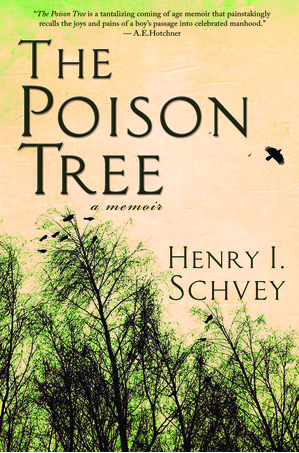Share the post "The Perils of Familiarity"
by Mark W. Tiedemann
 I’m running a workshop for a local group. This is an endeavor fraught with traps, pitfalls, ravenous worms, and flatulent amoeboids. They come, the stories, from hopeful pens, each offering up work in the hopes that the professional will deem it worthy or tell them how to fix it to make it worthy, but fearful, albeit unadmittedly, that the verdict will be to not quit the day-job.
I’m running a workshop for a local group. This is an endeavor fraught with traps, pitfalls, ravenous worms, and flatulent amoeboids. They come, the stories, from hopeful pens, each offering up work in the hopes that the professional will deem it worthy or tell them how to fix it to make it worthy, but fearful, albeit unadmittedly, that the verdict will be to not quit the day-job.
Problems never wait for long. Formatting is always a big one. There seems to be a perverse reluctance on the part of beginning writers to follow the proper formatting guidelines. In the days of typewriters I could understand some of this—composition is often a matter of personal “feel” and how the page looks as it emerges can have an affect on the prose—but not today, not with formatting options that can be imposed with a keystroke. Write the story any way you want, use Gothic font and bold if you wish, but when it is done, put it in the proper format. Alas, this is often not to be.
Once that hurdle is jumped, other problems quickly follow. Consistent tense, arbitrarily shifting viewpoint, poor punctuation, lack of even passing familiarity with how dialogue should be presented. Then come less obvious problems—anachronisms, poor foreshadowing, excessive stage-managing, bobblehead syndrome, infodumps, bad physics. All this before we get to motivation, subtext, showing-not-telling (and the difference thereof), and lack of a defining point.
Workshops, when they are honest, can be scenes of wrenching disappointment or unexpected elation. Tears, laughter, anger, bitterness, the whole gamut of emotional complexity. These are the children of these erstwhile literary parents and we call them maimed and incomplete and unlovely at our peril.
But if no one ever tells you what’s wrong with it, your story may never learn to walk right.
This is made infinitely more difficult in this day and age of self publishing.
What I have to say now will certainly be unpopular, but I don’t care, because I am not only speaking as a writer but as a reader. Self publishing, in its current chaotically multivarious incarnation, is the worst thing that can happen to a new writer. Especially if one finds a coterie of supporters who do nothing but heap praise upon the product, even when the product is unreadable in any recognizable sense of the term.
Friends are generally not the best critics. For one, most friends are not writers and can’t tell what may be wrong with your work, even if they sense that something is not quite right. If they do sense that, they’re your friends, why would they risk alienation by telling you the truth? But worse than that is the fact that many people, when they see a book already in covers, with an illustration and typeset and looking for all the world like any other published volume, will assume that there’s nothing actually wrong with it. Presentation does count and work people would normally not even consider looking at in manuscript appears “professional” once it looks like a book.
And the author? Receives tacit approval, no useful criticism, and therefore no improvement can occur under the pressure of trying to write for traditional publication.
It is all ego boost and no growth.
Worse even than that, should said self published “author” submit the work to a professional workshop, a violent dislocation can occur when an honest verdict is handed out, and the writer then must choose between listening to the professional and believing that his or her friends have lied (or at least misrepresented their feelings) about the book or deciding that the pro is just a mean, envious curmudgeon who feels threatened by your clearly unique talent.
Of course, this can lead into a long discourse on the nature of friendship, but not here.
But I am puzzled as to why a self published author would bother to submit an already-in-print work to a workshop. If you thought it was good enough for strangers to read in the first place, what would be the point in workshopping it?
I conclude that there is still the hope that some traditional publisher might pick the work up, for actual money, and decent distribution, and all the other machineries that suggest one’s work is worth the trouble. It has happened once or twice. One or twice.
If that is the impulse behind workshopping a story one presumably thinks so highly of that one has opted to put it Out There on one’s own dime, then it’s rather disingenuous to beg to differ with the professional telling you it’s not good enough.
On the other hand, the desire may be to have the work dumped on by the professional so you can then go off feeling perversely superior. “It’s already in print, even sold a few copies, and my friends say it’s great. What does he know? Hmph!” If that’s the case, then all I can say is you’re wasting everyone’s time and in your case, often, money.
In the end, learning will not occur, growth will not happen, the story will not improve, and your friends…well, I’m not sure what to do about them. For my part, I’m running a workshop with the goal in mind to teach people how to make their stories better. I can’t do that if I’m dishonest. But self publishing has certainly made this much harder.



